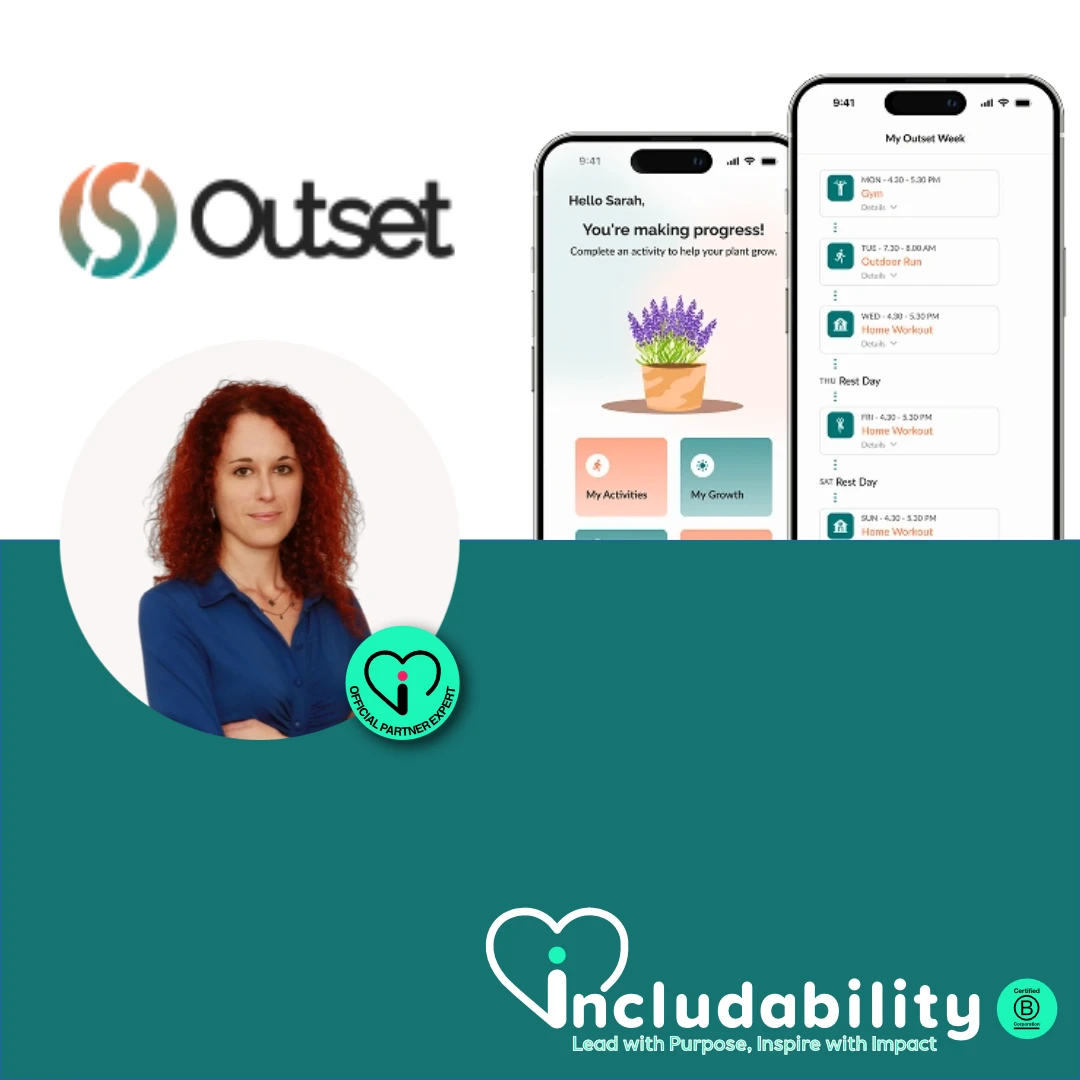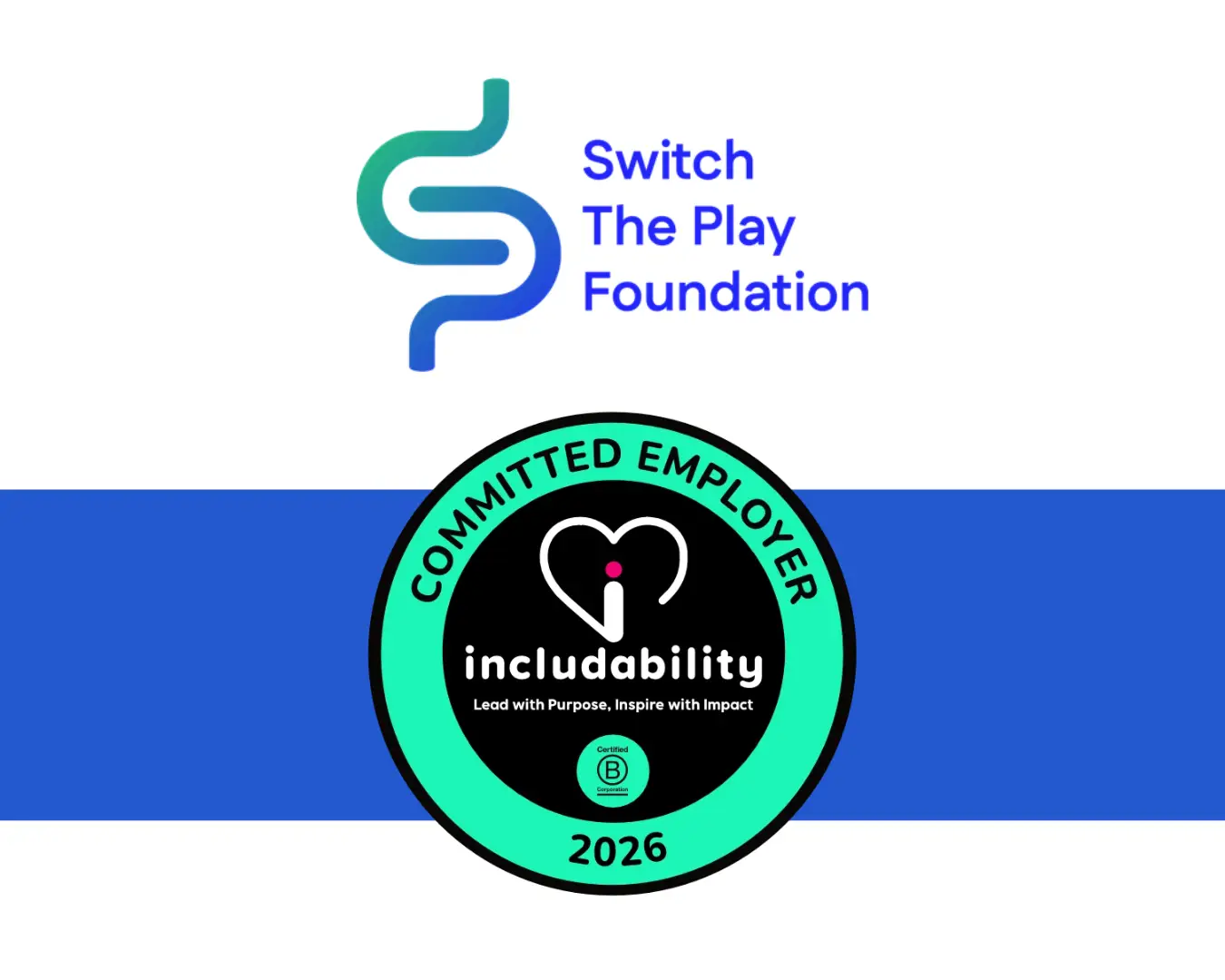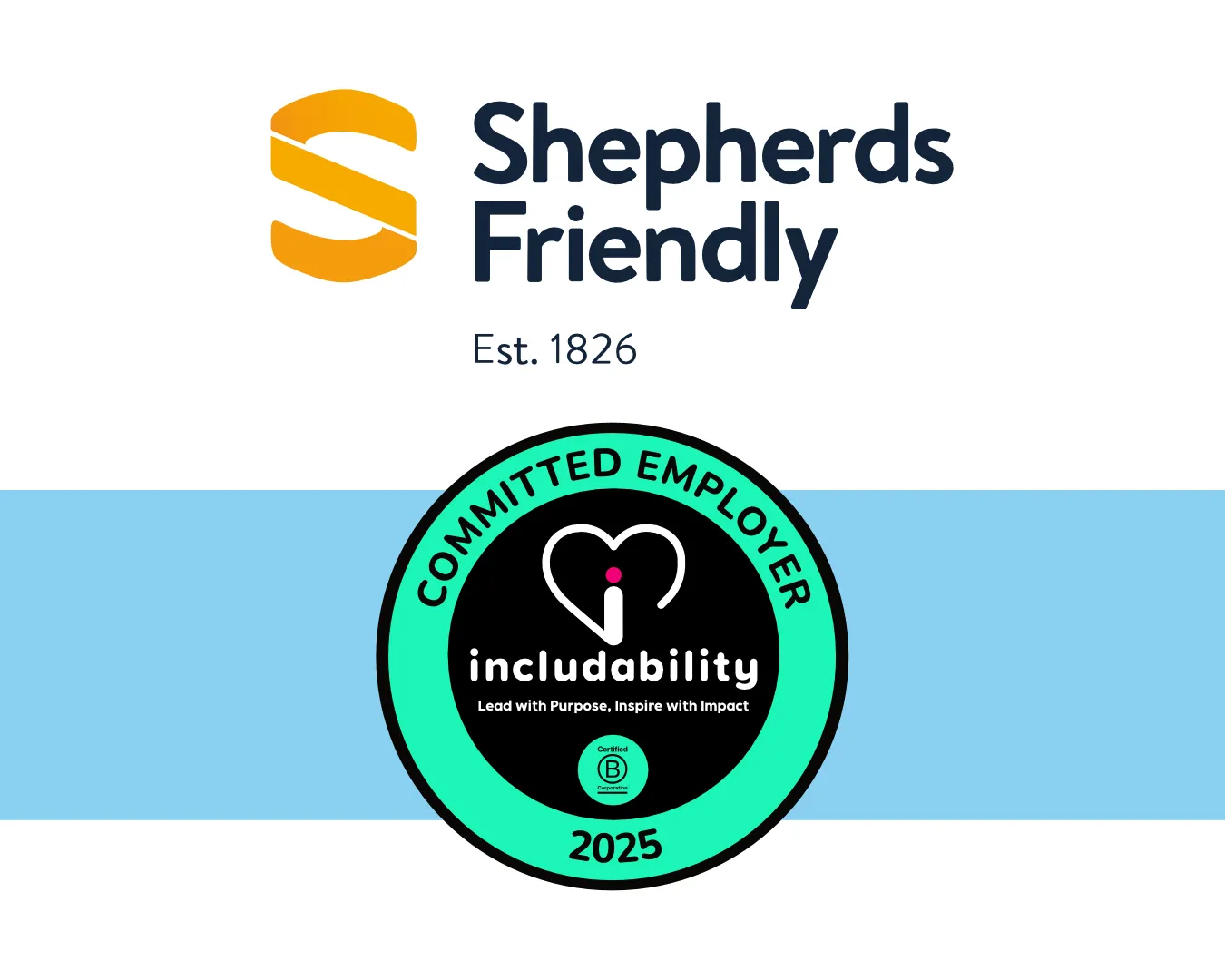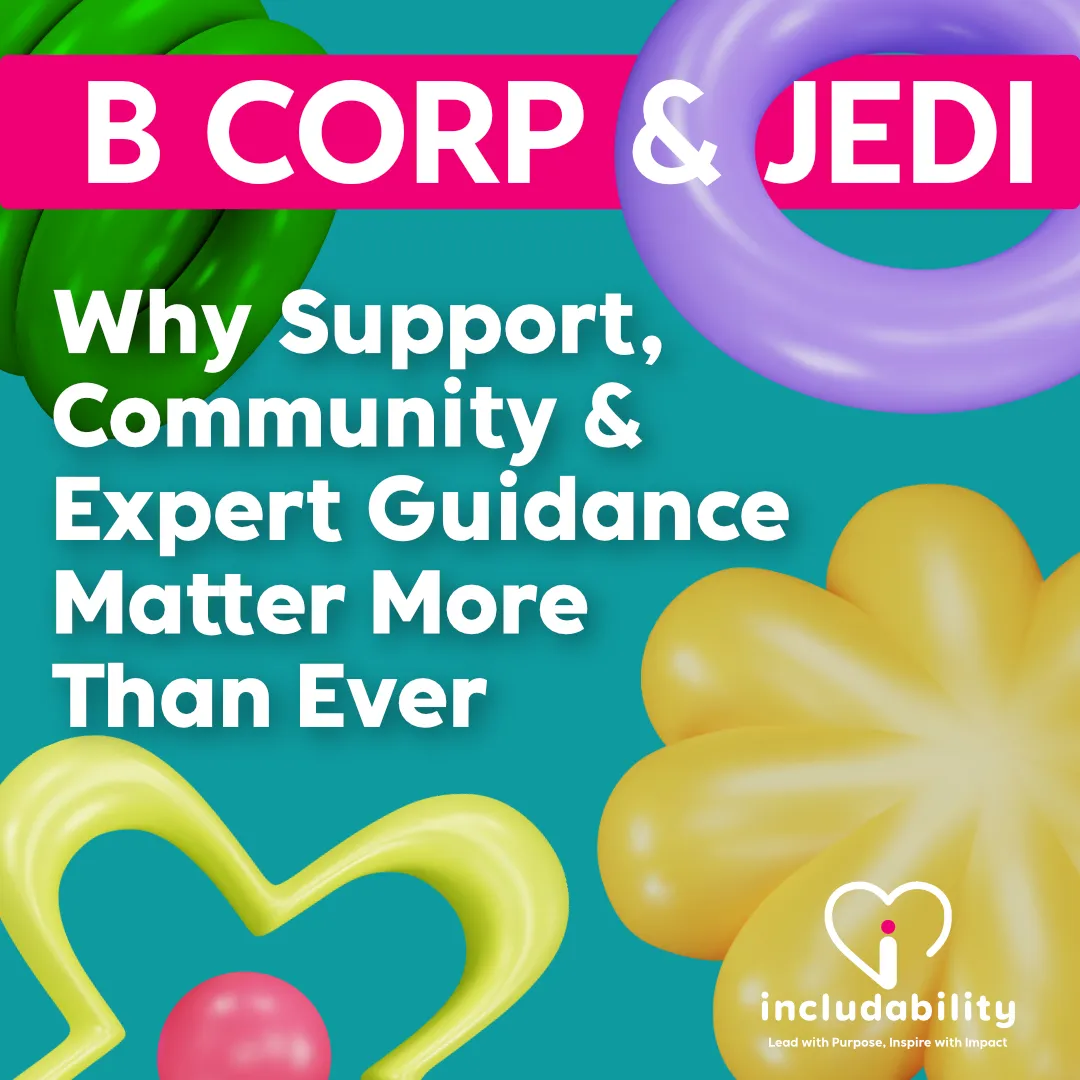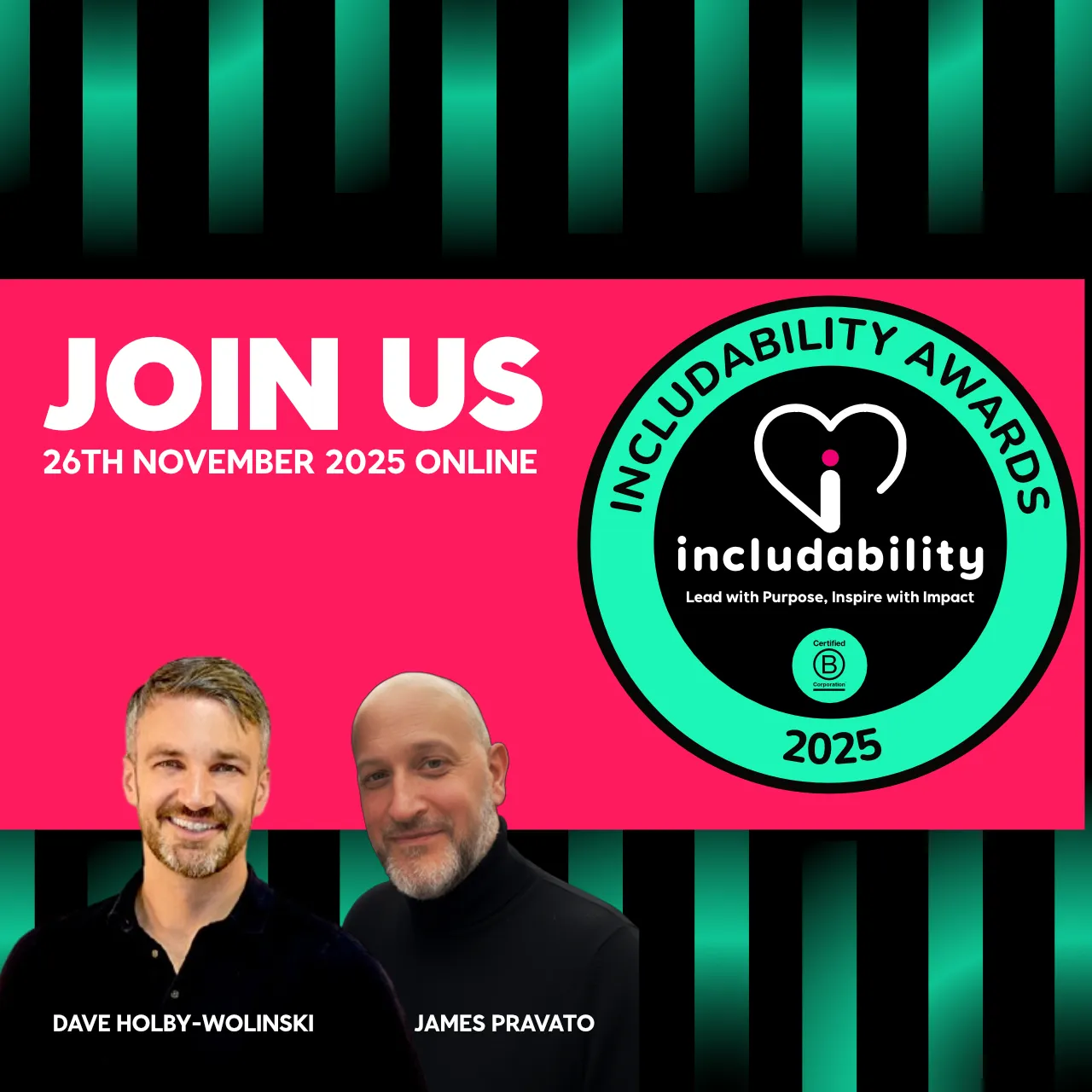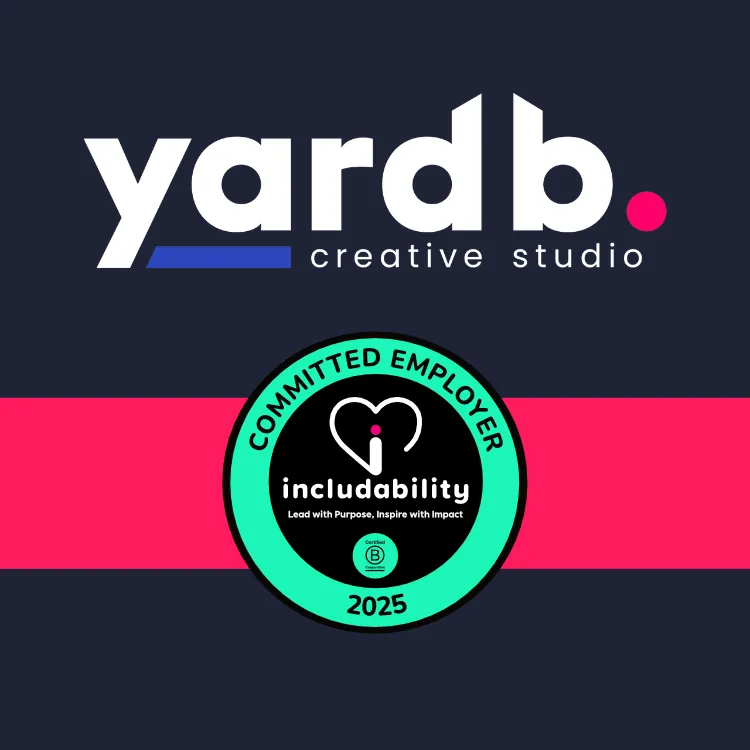GCHQ: Dyslexic Thinking Skills ‘Mission Critical’ for Protecting Country
UK security and intelligence agency, GCHQ has said the thinking skills of people with dyslexia is “mission critical” for keeping the country safe from cyber-attacks.

New Vodcast D.Spot spoke with 2 dyslexic intelligence officers to explore the strengths that make them ideal analysts for the modern era.

UK security and intelligence agency, GCHQ has said the thinking skills of people with dyslexia is “mission critical” for keeping the country safe from cyber-attacks.
In the new vodcast D.Spot, Jo Cavan, Senior Director of Strategy, Policy & Engagement at GCHQ, joined two dyslexic intelligence officers to explore the dyslexic strengths that make them ideal analysts for the modern era. Their strengths include pattern recognition when dealing with big data, seeing the bigger picture when considering complex future scenarios and finding solutions to novel and challenging problems.
How can Dyslexia sufferers help intelligence agencies?
According to the recent Integrated review published by the UK government, it was clear that Intelligence Services will be playing even more of a key role as warfare moves from tanks and battlefields to cyber space.
On the vodcast, two GCHQ analysts explain how their dyslexia can be a ‘secret weapon’ when it comes to protecting the UK and its citizens. The analysts are dubbed ‘Charlotte’ and ‘Rob’ to protect their true identities.
Charlotte, an intelligence analyst in the 24/7 operations centre, explains,
“I’m often looking through a lot of data and I find that my dyslexia helps me to see the bigger picture and spot patterns that aren’t always obvious to everyone else around me. I also find that my approach to finding solutions is very different.”
Rob’s role is described as a “transformational innovator” as works closely with British armed forces. He was deployed with the military in the Balkans and Iraq. He said:
“I use my dyslexic skills to spot opportunities to do things differently. I speak to a lot of people internally who invent stuff and a lot of contacts in industry and explore how we could use our capabilities in ways that we’d never planned, often to deliver amazing effects.”
What is Dyslexia?
Dyslexia is a disorder that involves difficulty reading due to problems identifying speech sounds and learning how they relate to letters and words (decoding). It affects areas of the brain that process language. According to the British Dyslexia Association, it affects approximately 10% of the world’s population.
People with dyslexia are three or four times more likely to be recruited by agencies such as GCHQ due to their ability to recognise complex patterns in data and their intuitive ability to crack puzzles. Cavan talks about the agency’s high proportion of dyslexic apprentices:
“We’re committed to recruiting people with dyslexia and other neurodiverse individuals into the organisation. We are about three or four times more likely to have apprentices with dyslexia than on other apprenticeship schemes. It’s mission critical for us, and since our inception we have looked to hire individuals who are neurodiverse, and as a result we have a thriving community of colleagues that think differently.”
Related resources & events
Sign up for our newsletters
We have an employer and Job seeker newsletter giving you all the latest information in one easy and digestible email. Sign up today for news and job advice straight to your inbox.



